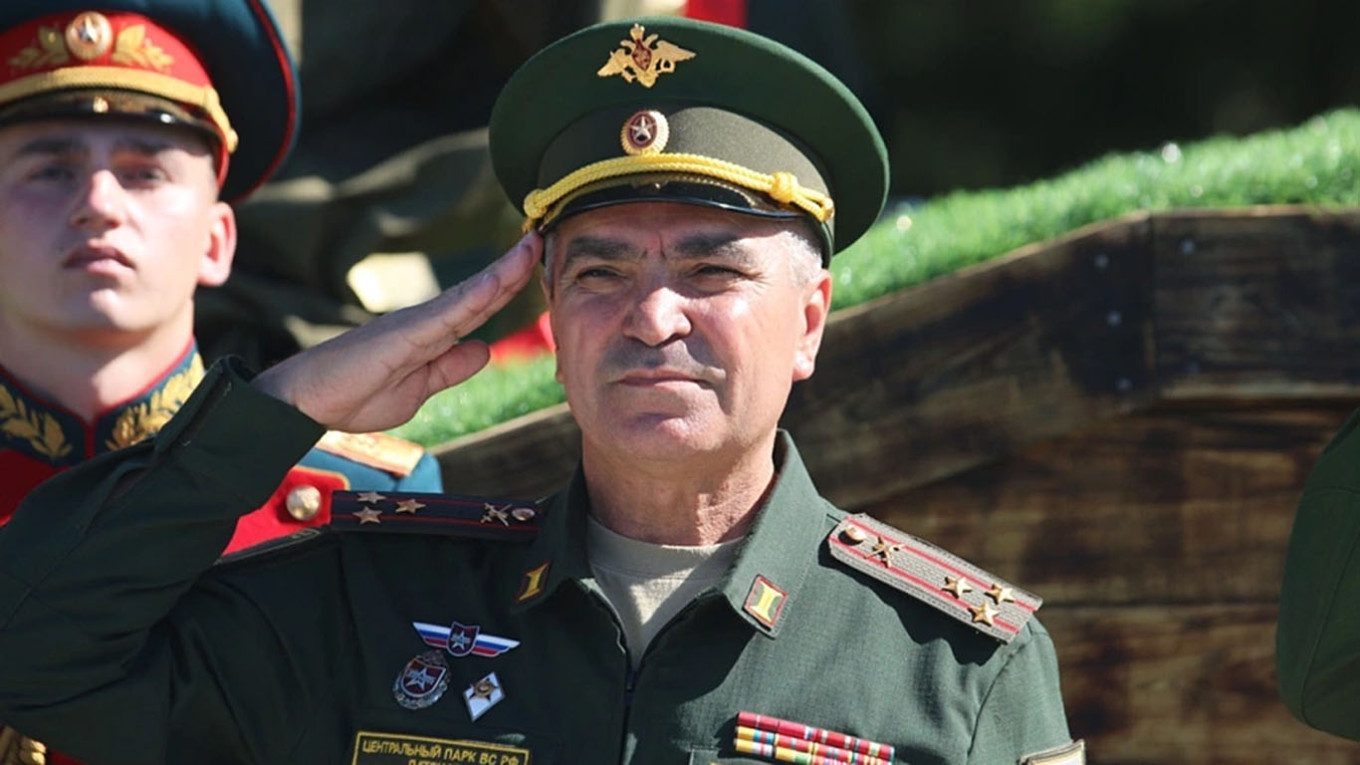A court in the Moscow region has sentenced the former head of Russia’s military-themed amusement park to five years in prison for fraud linked to government construction contracts, officials announced on Friday.
Vyacheslav Akhmedov, who previously directed Patriot Park, along with Vladimir Shesterov, a former senior official in the Defense Ministry, was arrested last year on charges of fraud associated with the park’s activities. Not long after, former Deputy Defense Minister Pavel Popov was taken into custody on similar accusations.
Both Akhmedov and Shesterov admitted their guilt and were placed under house arrest after providing testimony against Popov. Last month, a military court sentenced Shesterov to six years in prison.
On Friday, the Odintsovsky City Court in the Moscow region found Akhmedov guilty of large-scale fraud and forgery.
In addition to a five-year sentence in a medium-security prison, Akhmedov has been ordered to pay a fine of 300,000 rubles ($3,700), prohibited from holding public office for two years, and stripped of all state awards.
Prosecutors had sought a sentence of six years and a fine of half a million rubles ($6,200) for him.
Akhmedov and Shesterov were accused of inflicting “significant” harm on the Defense Ministry by falsifying construction documentation for work at Patriot Park from 2022 to 2024.
As part of a civil lawsuit, the court also mandated that the Defense Ministry be compensated 16 million rubles ($200,000) and Patriot Park 7 million rubles ($87,000), according to the state news agency RIA Novosti.
Investigators asserted that Popov had directed Akhmedov and Shesterov to manage the construction of a fully furnished two-story home, garage, guest house, and sauna that resembled facilities at Patriot Park on his private property in the Moscow region. They allegedly misled contractors, claiming that the nearly 26 million rubles ($320,000) worth of construction was part of Patriot Park and provided falsified information in official records.
Criminal proceedings are ongoing against Popov, who is a prominent figure facing multiple allegations, including bribery, abuse of power, fraud, and illegal possession of weapons.
Akhmedov, Shesterov, and Popov are part of a group of senior military officials arrested last year as part of an apparent crackdown within the Russian Defense Ministry regarding fraud.
Akhmedov had served as the director of Patriot Park from October 2021 until his arrest in August 2024.
Patriot Park, situated in Kubinka, about 60 kilometers (37 miles) west of Moscow, is a military-themed amusement park and exhibition center that features interactive displays of military hardware and equipment. In addition to live-firing ranges, the park also includes a grand Orthodox cathedral dedicated to the country’s armed forces.

